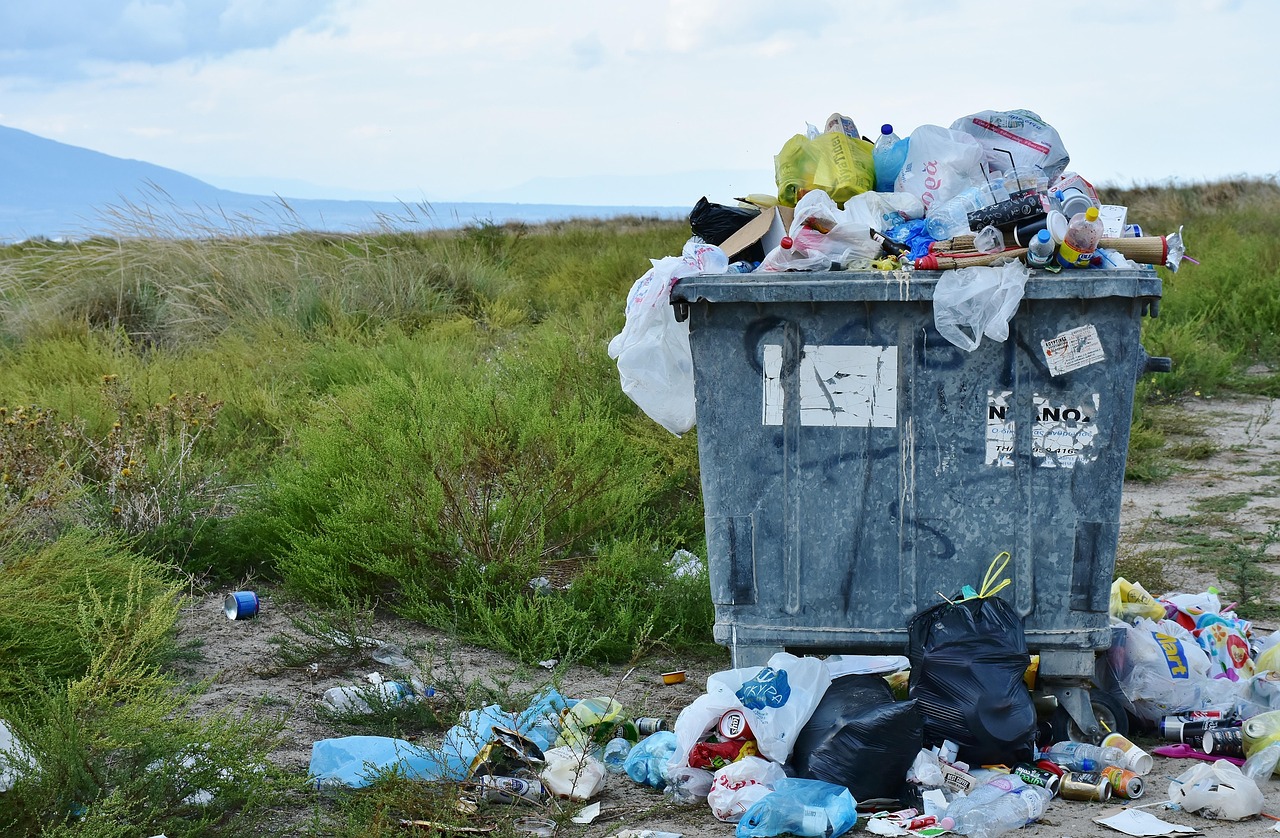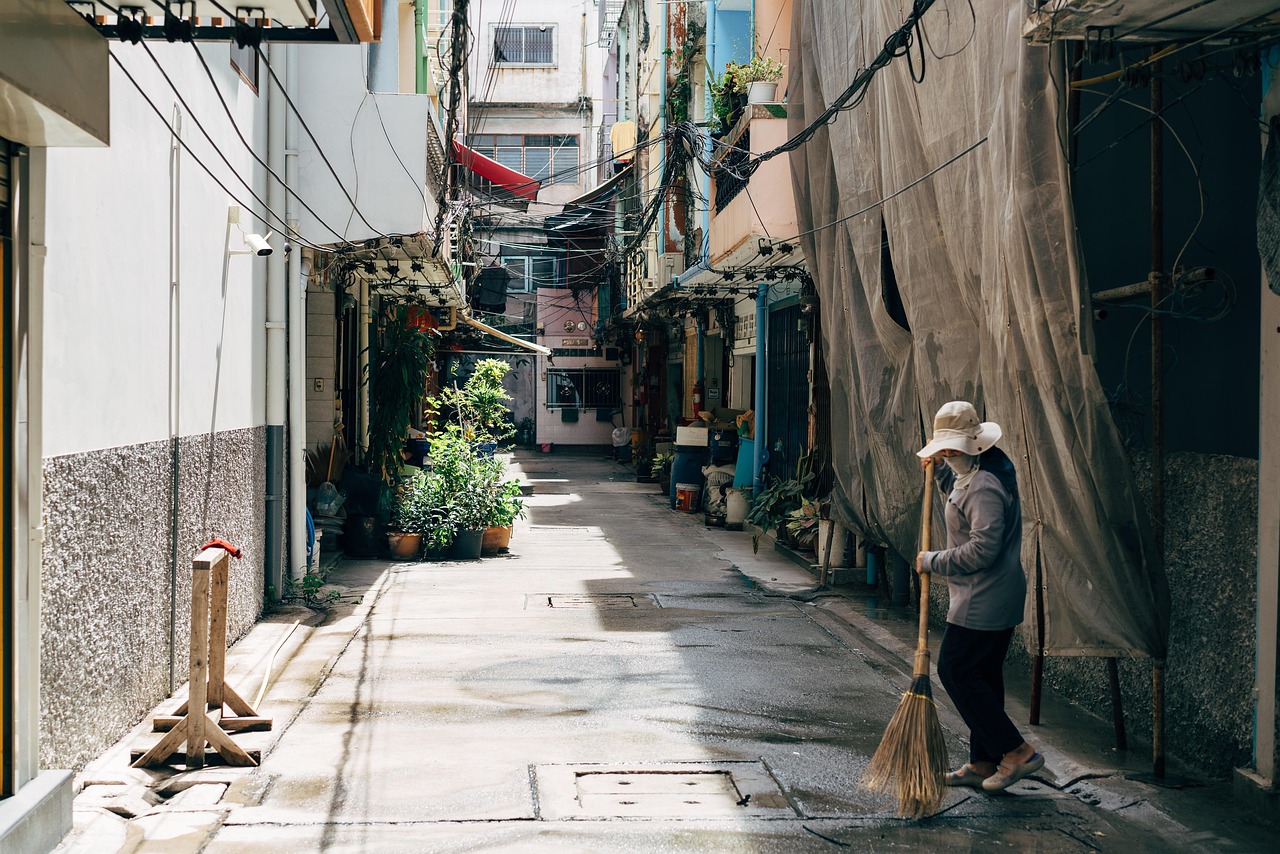Common Eco-Travel Mistakes to Avoid
Sustainable travel insights and guidance
Even well-intentioned travelers can make mistakes when trying to travel sustainably. From falling for greenwashing to overpacking eco-friendly items, these common mistakes can actually increase your environmental impact. Here's how to avoid them and travel more responsibly.
 Zero Waste Travel
Zero Waste Travel🌍 Why Eco-Travel Mistakes Matter
Making mistakes in sustainable travel can actually increase your environmental impact, waste money, and contribute to problems you're trying to solve. Learning from common mistakes helps you make better choices and travel more responsibly.
Many hotels and services claim to be "eco-friendly" without actually implementing meaningful sustainability practices. This can lead to supporting businesses that don't actually help the environment.
✅ How to Avoid This:
- Look for specific sustainability practices and certifications
- Research the company's actual environmental policies
- Ask for details about their sustainability initiatives
- Check for third-party certifications and audits
- Read reviews from other eco-conscious travelers
Bringing too many eco-friendly items can actually increase your environmental impact through extra weight, transportation emissions, and unnecessary consumption.
✅ How to Avoid This:
- Pack only what you'll actually use
- Choose multi-purpose items
- Research what's available at your destination
- Pack light and buy locally when needed
- Focus on quality over quantity
Renting a car or using private transportation when public options are available increases your environmental impact and misses opportunities to support local infrastructure.
✅ How to Avoid This:
- Research public transportation options before traveling
- Use local buses, trains, and trams
- Consider walking or cycling for short distances
- Support local transportation infrastructure
- Plan routes that minimize transportation needs
Choosing overcrowded destinations contributes to overtourism, environmental damage, and cultural degradation, even if you're trying to travel sustainably.
✅ How to Avoid This:
- Choose less crowded destinations
- Travel during off-peak seasons
- Support alternative destinations
- Consider the carrying capacity of destinations
- Choose destinations that can handle tourism sustainably
 Local Community
Local CommunityFocusing only on environmental impact while ignoring local communities can actually harm the people who live in your destination.
✅ How to Avoid This:
- Choose locally-owned businesses
- Support local artisans and craftspeople
- Learn about local cultures and customs
- Respect local traditions and practices
- Contribute to local community development
Buying too many "sustainable" products can actually increase consumption and waste, even if the products themselves are eco-friendly.
✅ How to Avoid This:
- Buy only what you need
- Choose quality over quantity
- Repair and maintain existing items
- Share or borrow items when possible
- Focus on reducing consumption overall
Not respecting local cultures and customs can cause harm to local communities and create negative experiences for everyone involved.
✅ How to Avoid This:
- Research local customs before traveling
- Learn basic phrases in the local language
- Dress appropriately for local culture
- Ask permission before taking photos
- Respect religious and cultural sites
Focusing only on carbon emissions while ignoring other environmental and social impacts can lead to incomplete sustainability efforts.
✅ How to Avoid This:
- Consider all environmental impacts
- Think about social and economic impacts
- Use a holistic approach to sustainability
- Consider long-term consequences
- Balance different sustainability goals
Not planning for waste management can lead to increased waste, environmental damage, and negative impacts on local communities.
✅ How to Avoid This:
- Research local waste management systems
- Bring reusable items to reduce waste
- Choose accommodations with good waste management
- Support businesses with sustainable practices
- Participate in local waste reduction efforts
Not reflecting on and learning from mistakes can lead to repeated errors and missed opportunities for improvement.
✅ How to Avoid This:
- Reflect on your travel experiences
- Learn from mistakes and successes
- Continuously educate yourself about sustainability
- Share experiences with other travelers
- Adapt and improve your practices
🌍 Learning from Mistakes
Making mistakes in sustainable travel is normal and part of the learning process. The key is to recognize mistakes, learn from them, and continuously improve your practices.
Key Principles:
- Research: Research destinations, businesses, and practices before traveling
- Respect: Respect local cultures, customs, and environments
- Reflect: Reflect on your experiences and learn from them
- Improve: Continuously improve your sustainable travel practices
- Share: Share your experiences and knowledge with others
Remember: Sustainable travel is a journey, not a destination. Every mistake is an opportunity to learn and improve. Focus on progress over perfection, and celebrate the positive impact you're making.